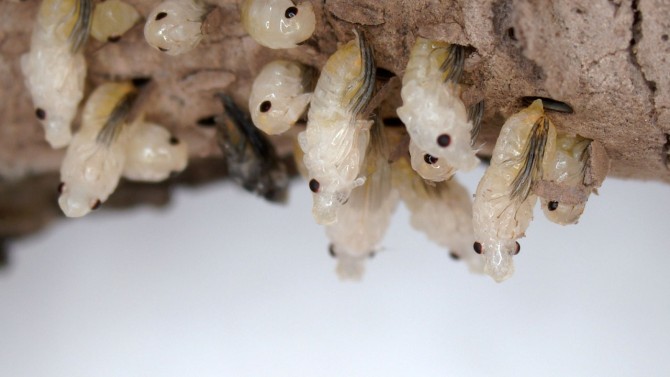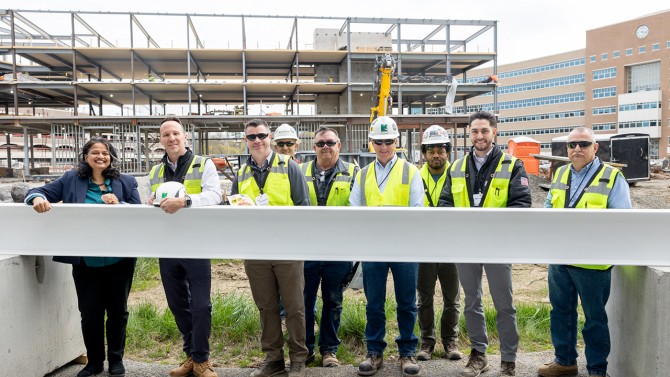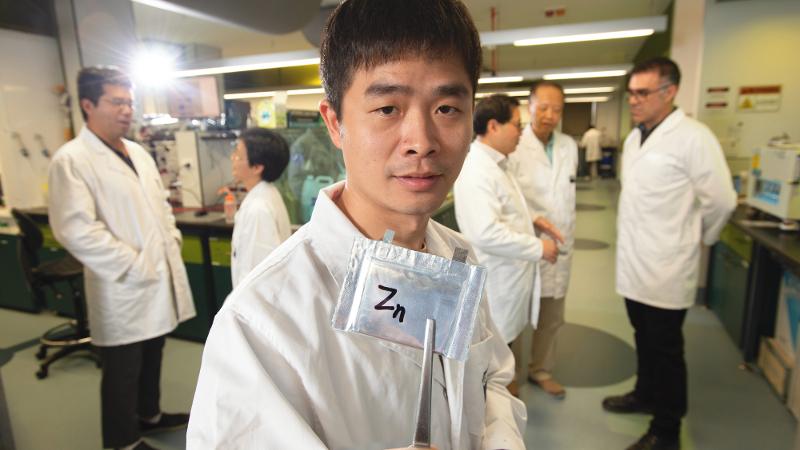A new partnership dedicated to tackling the impact of textile waste in the football industry has been launched between The University of Manchester and RÆBURN Design – a leading sustainable fashion studio.
The UK disposes of one million tonnes of textiles every year, 300,000 tonnes of which end up in landfill or incineration. Some figures suggest 10% of global CO2 emissions come from the fashion industry.
The football sector is a huge contributor to this – approximately 2.45 million Liverpool and 1.95 million Manchester United sports shirts were sold worldwide in 2021 alone.
The new project, KIT:BAG by RÆBURN, will work with local sportswear suppliers and the local community transform surplus football shirts into unique reusable tote bags, while educating them of the environmental impacts of textile waste and how we can extend the life of our garments.
It aims to provide a fun, responsible way to keep kits in circulation while shining a light on the large-scale problem in the industry.
Lindsay Pressdee, Senior Lecturer in Sustainable Fashion Marketing & Branding Communication at The University of Manchester, said: “Developing meaningful sustainable business models and consumer behaviours remains a key issue within the fashion sector and raises serious environmental concerns.
“This project focuses on the overlooked area of sportswear; how we can extend the life of these polyester garments and avoid them going into landfill or incineration, through the key principle of community education.
“The initiative aligns with The University of Manchester’s objectives of promoting sustainability and social responsibility and by collaborating with Raeburn Design, which follows the REMADE sustainable ethos, we have an excellent opportunity to raise awareness and address this issue.”
Christopher Raeburn, Creative Director at RÆBURN, added: “As our business has evolved, we’ve tried, tested and proven our “Remade, Reduced, Recycled” motif can be scaled and translated into other industries outside of fashion, such as architecture, furniture design, film and cultural placemaking.








